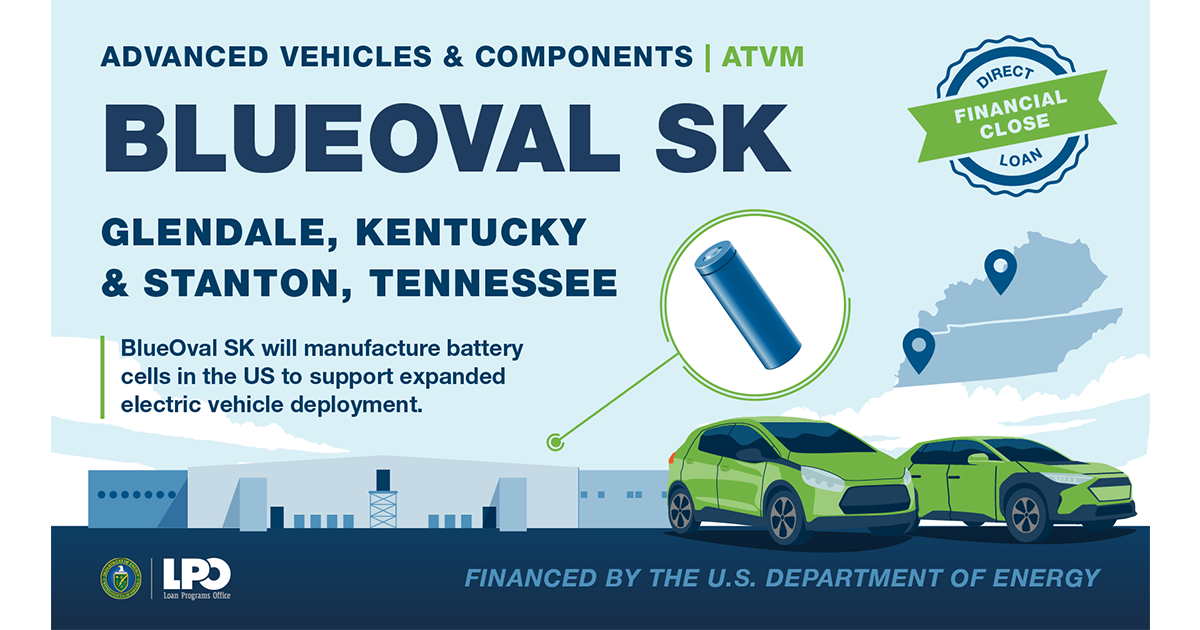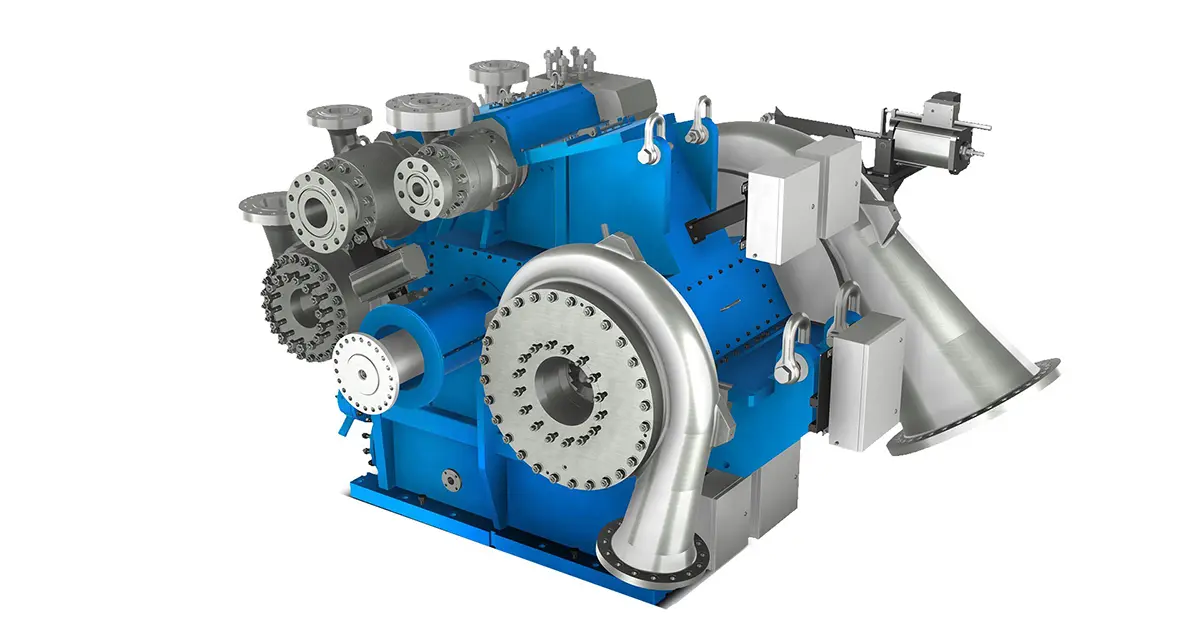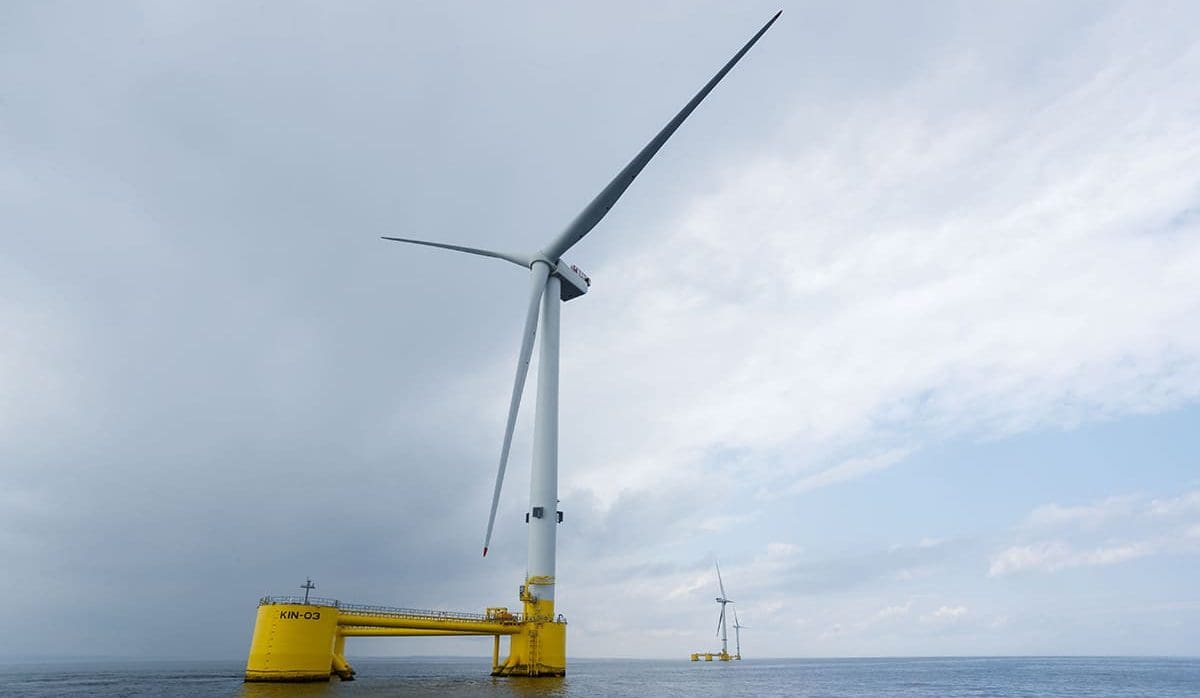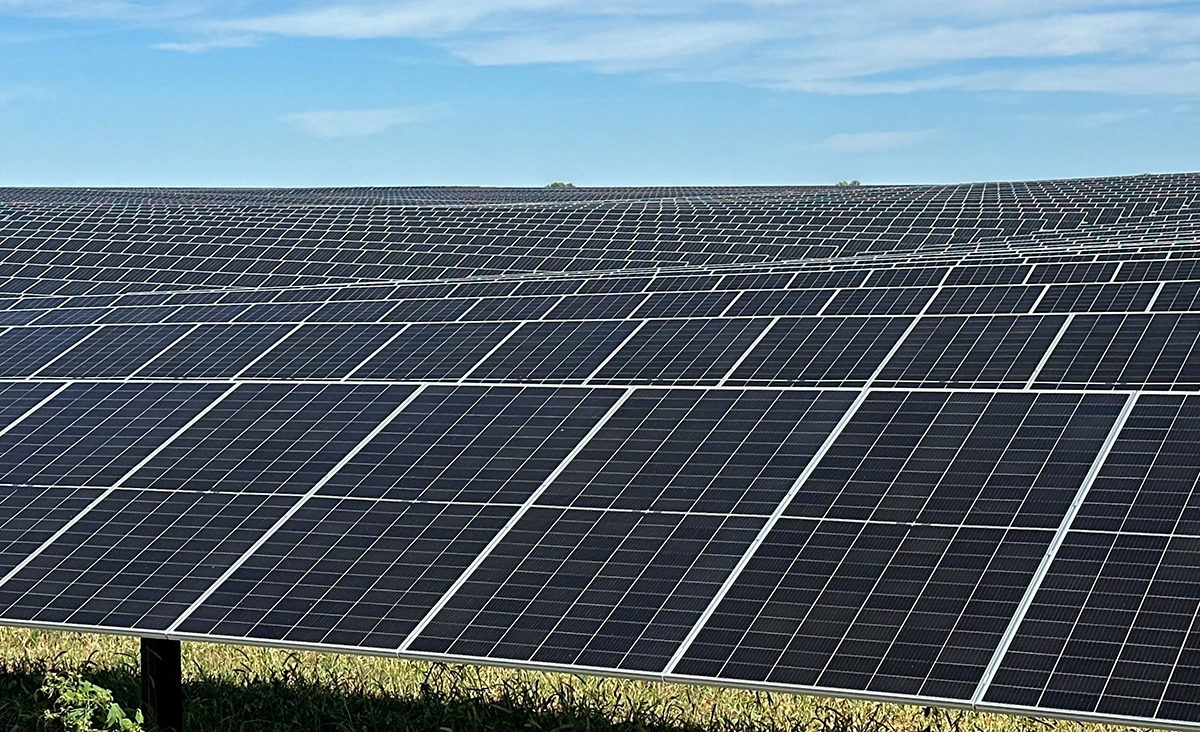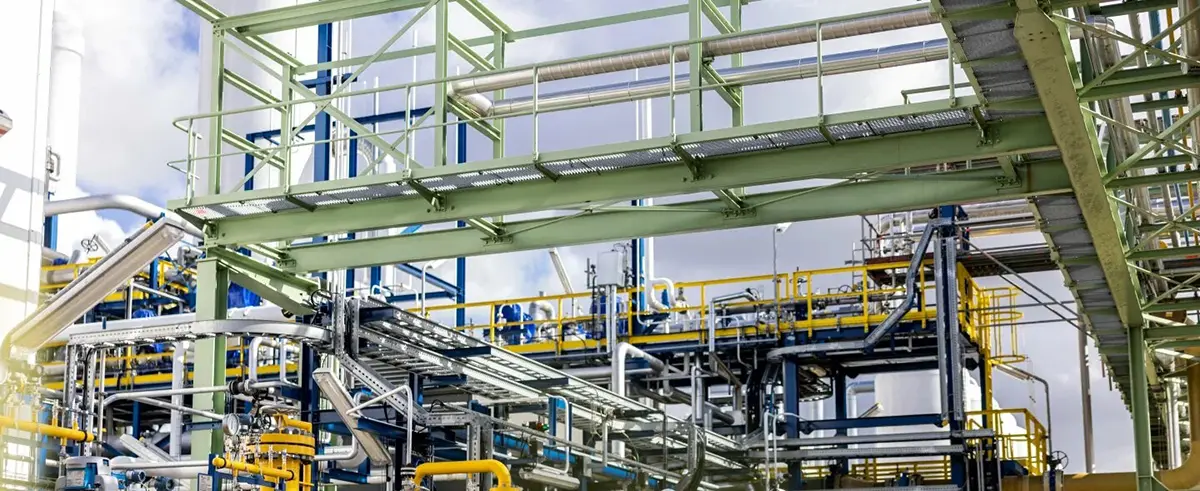
Shell Has A CCS Problem
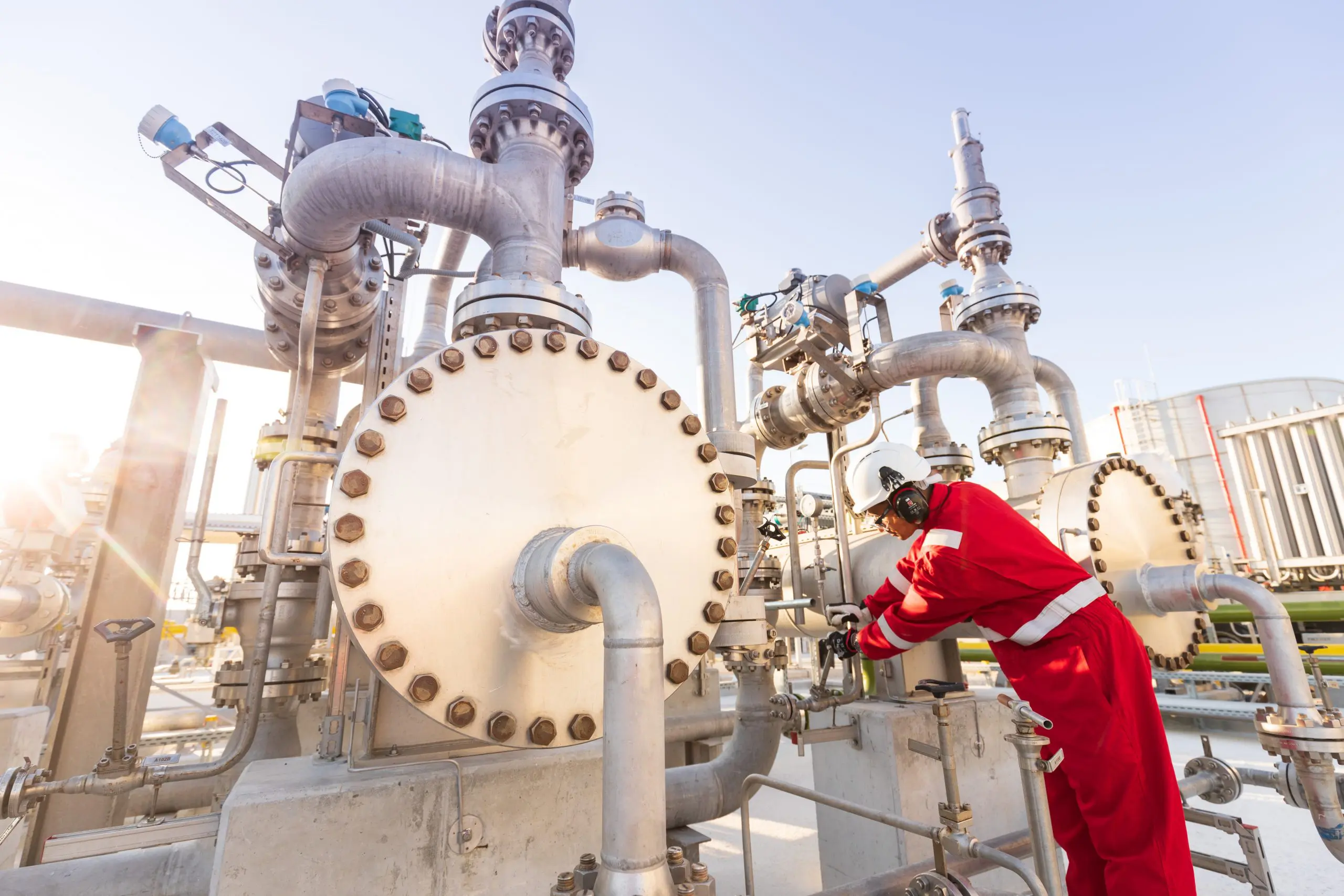
Shell’s Quest carbon, capture, and storage (CCS) facility opened near Edmonton, Alberta, Canada, in November 2015. The hydrogen production process creates carbon dioxide (CO2) that Quest separates, captures, and stores to make the process more environmentally friendly. In July 2020, the facility celebrated a major milestone: the capture and storage of 5.5 million tons (5 million tonnes) of CO2. The company also stated that the cost to operate Quest ended up being 35% less that what Shell originally forecasted in 2015.
Shell estimates that if Quest were built today, it would be 30% cheaper due to cost efficiency improvements. Shell is taking lessons learned from Quest and implementing them into its Northern Lights CCS project in Norway.
An Alarming Disparity
Global Witness, a proponent of ESG policy and industry, published an investigation that questioned claims made by Shell on its Quest project in Canada. Looking at the period between November 2015 and July 2020, where Shell claims to have captured 5.5 million tons of CO2, Global Witness has found that the hydrogen plant emitted 8.3 million tons (7.5 million tonnes) of greenhouse gases (GHGs). Therefore, the plant is not producing green hydrogen as it claims and is not a net-zero project after all.
In total, Global Witness estimates that less than 50% of Quest’s carbon emissions are captured, drastically less than Shell’s estimate of 90%. If other GHGs are included in the calculus, then Global Witness estimates the capture rate plumets to just 39%. “Despite allowing more carbon to enter the atmosphere than it captures, Shell lauds the Quest facility as an example of how it is tackling global heating,” said Global Witness in a statement. “Shell claims the project demonstrates that carbon capture systems are ‘safe and effective’ and a ‘thriving example’ of how this technology can significantly reduce carbon emissions, yet the company’s promotional materials fail to mention the huge volume of climate-destroying emissions that reach the atmosphere. This research delivers a serious blow to proponents of fossil hydrogen who are pushing for more public funds to support its use, with US$654 million of the US$1 billion cost of Quest having come from Canadian government subsidies, yet despite this vast expense it has failed to deliver anywhere near the cut in emissions needed to tackle global heating.”

HSSE Approved
“For years Shell has repeatedly used this project to show they are acting on climate change but given its huge carbon footprint it is impossible to describe these claims as anything but misleading,” said Dominic Eagleton, senior gas campaigner at Global Witness. “Beyond the PR and greenwashing the simple fact is that Shell’s hydrogen plant is creating more emissions than it is capturing and is therefore contributing to the climate crisis. Oil and gas companies’ promotion of fossil hydrogen is a fig leaf for them to carry on with their toxic practices — the extraction and burning of fossil fuels. The single best way for companies like Shell to help tackle the climate crisis is to phase out all fossil fuel operations, rather than find ways to hide their climate-wrecking activity behind false solutions. Shell’s woeful showing is yet another nail in the coffin for claims made by industry that fossil hydrogen is climate friendly. Governments cannot let the wool be pulled over their eyes to invest vital public funds in projects that will not deliver what’s needed to avert climate disaster. Instead, they should use that money to end our reliance on fossil fuels and direct it toward renewable alternatives.”
Further Damage
Global Witness published a more controversial report on Shell’s activity in Alberta, including its development of the tar sands. Tar sand oil exploration and production have been found to be far more environmentally damaging than shale drilling, especially in Alberta where projects harm the wellbeing of indigenous populations and can lead to deforestation, land disturbance, air pollution, and water contamination.
Global Witness said that Shell did not respond to several requests for comment at the time of publication of its report.

